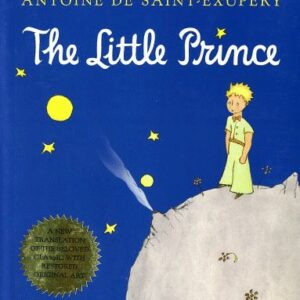Efficacy of Sound
$35.00
| Title | Range | Discount |
|---|---|---|
| Trade Discount | 5 + | 25% |
- Description
- Additional information
Description
The first book-length ethnographic study on music and Ifá divination in Cuba and Nigeria. Hailing from Cuba, Nigeria, and various sites across Latin America and the Caribbean, Ifá missionary-practitioners are transforming the landscape of Ifá divination and deity (òrìṣà/oricha) worship through transatlantic travel and reconnection. In Cuba, where Ifá and Santería emerged as an interrelated, Yorùbá-inspired ritual complex, worshippers are driven to “African traditionalism” by its promise of efficacy: they find Yorùbá approaches more powerful, potent, and efficacious.
In the first book-length study on music and Ifá, Ruthie Meadows draws on extensive, multisited fieldwork in Cuba and Yorùbáland, Nigeria, to examine the controversial “Nigerian-style” ritual movement in Cuban Ifá divination. Meadows uses feminist and queer of color theory along with critical studies of Africanity to excavate the relation between utility and affect within translocal ritual music circulations. Meadows traces how translocal Ifá priestesses (ìyánífá), female batá drummers (bataleras), and priests (babaláwo) harness Yorùbá-centric approaches to ritual music and sound to heighten efficacy, achieve desired ritual outcomes, and reshape the conditions of their lives. Within a contentious religious landscape marked by the idiosyncrasies of revolutionary state policy, Nigerian-style Ifá-Òrìṣà is leveraged to transform femininity and masculinity, state religious policy, and transatlantic ritual authority on the island. Ruthie Meadows is assistant professor of ethnomusicology at the University of Nevada, Reno. List of Examples and Transcriptions
List of Abbreviations
Preface
Introduction
Chapter One: The Global Ifá Missionary: Revisionism and Nigerian-Style Ifá-Òrìṣà in Cuba
Chapter Two: Yorùbá Geographies and the Efficacy of the Far: The Dùndún “Talking Drums” and Transatlantic Institutions in Havana
Chapter Three: Revolutionary Feminism and Gendered Translocality: Women and Consecrated Batá Chapter Four: Ìyánífá: Gendered Polarity and “Speaking Ifá”
Chapter Five: The Efficacy of Pleasure and the Utility of the Close: Regionalism and All-Male Egúngún Masquerade
Epilogue: The “Leopards” of Nigerian-Style Ifá-Òrìṣà: Visions from Cuba to Yorùbáland
Acknowledgments
Glossary
Notes
References
Index
Additional information
| Dimensions | 1 × 6 × 9 in |
|---|








